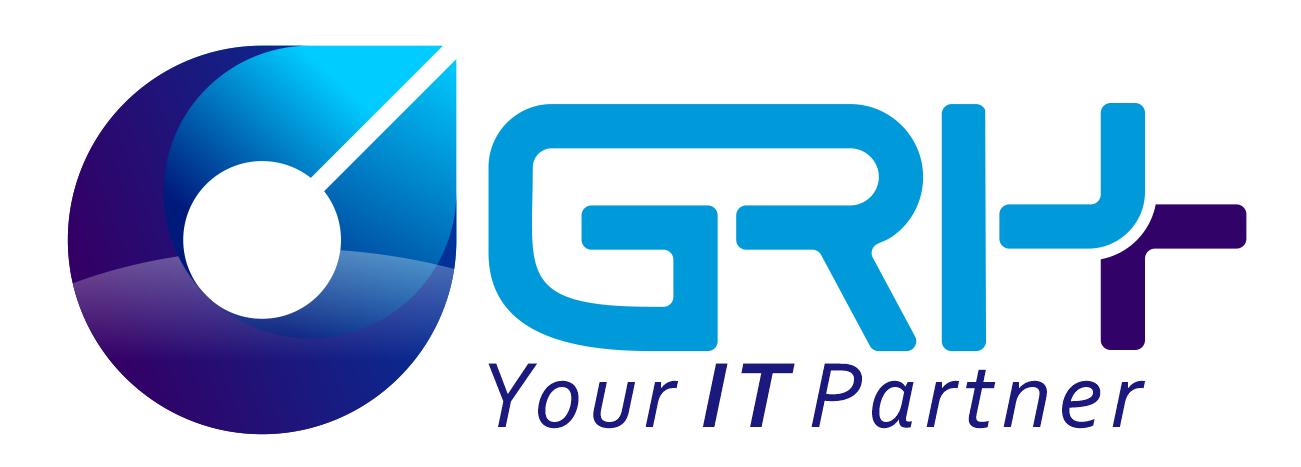Blog

As of October 14, 2025, Microsoft will officially end support for Windows 10. After this date, the operating system will no longer receive security updates, technical assistance, or software updates from Microsoft. While your Windows 10 PC will continue to function, using an unsupported operating system poses significant risks.











